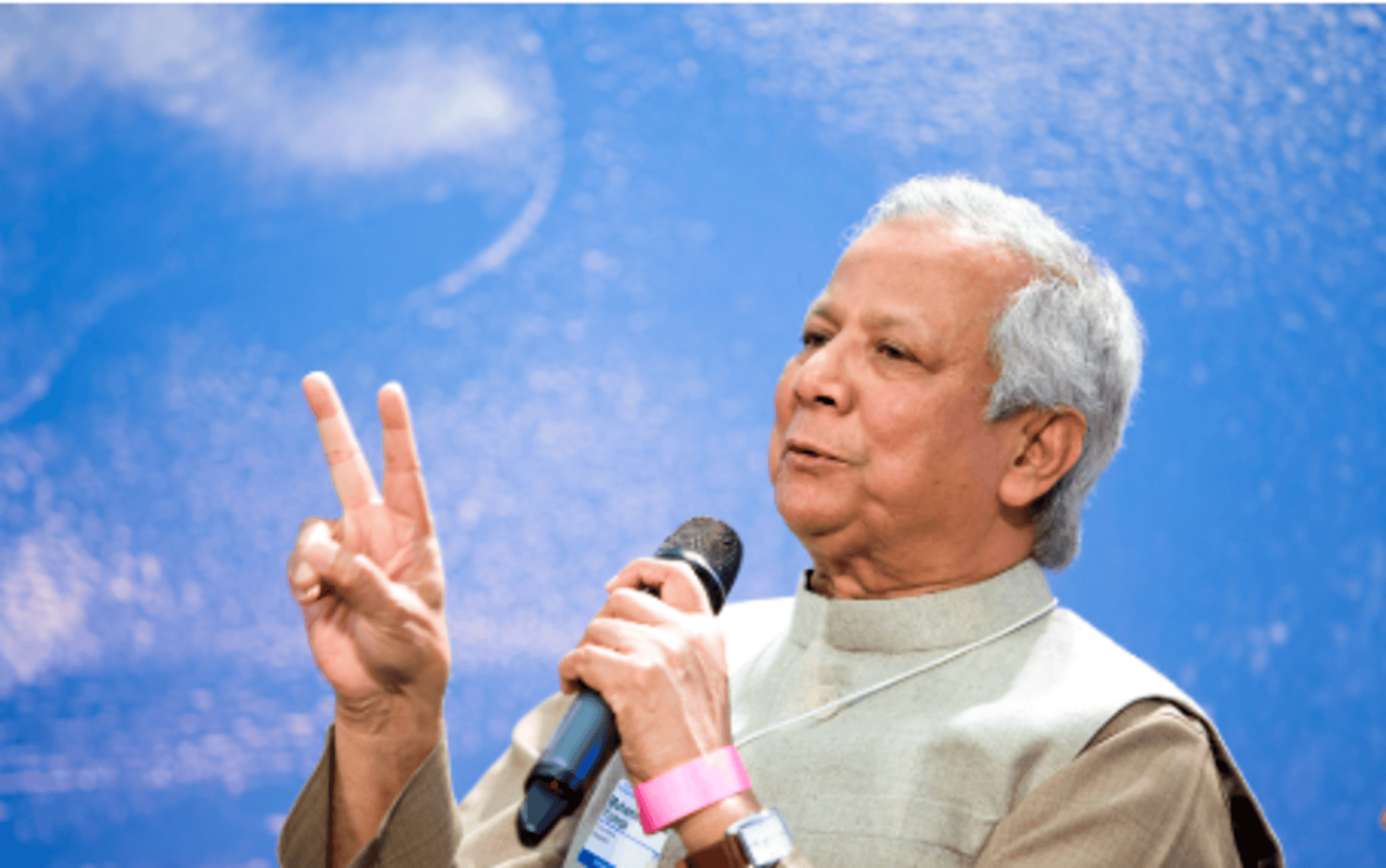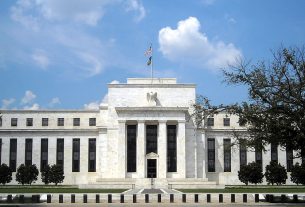Dhaka, Bangladesh — Bangladesh’s interim leader, Muhammad Yunus, has urged the nation to exercise patience as the country prepares for much-anticipated elections. In a national address marking his 100 days in power, Yunus, who assumed leadership following a student-led revolution, acknowledged the challenges that lie ahead while emphasizing the need for unity and stability during this transitional period.
Yunus, a prominent figure with a history of social activism and philanthropy, took power in a moment of political upheaval following massive student protests. These protests, which had been sparked by public dissatisfaction with the government’s handling of various issues—most notably rising inflation, political repression, and corruption—ultimately led to the overthrow of the previous administration.
In his speech, Yunus sought to reassure the public about the forthcoming elections, which many view as crucial for the country’s democratic future. Despite being under significant pressure, Yunus emphasized that the interim government is working diligently to create the conditions necessary for free and fair elections, a process that would hopefully restore political stability and confidence in the democratic process.
The Student-Led Revolution and Yunus’s Rise to Power
The rise of Muhammad Yunus as Bangladesh’s interim leader marks a significant turning point in the country’s political landscape. The student-led revolution that brought Yunus to power was driven by widespread frustration with the political establishment. Young people, particularly students, have been at the forefront of protests across the country, calling for an end to corruption, economic inequality, and political violence.
While Yunus has largely been seen as a figure of reform, his leadership has not been without controversy. Critics argue that while Yunus is a respected figure for his microfinance initiatives and poverty alleviation work, his unelected position as interim leader raises questions about the legitimacy of his rule and the potential for a fair electoral process. Furthermore, there are concerns that the student protests, which were the catalyst for the revolution, may not have led to meaningful changes in the underlying issues of governance and political freedom.
Nevertheless, Yunus’s message of patience is seen as a call for the public to remain calm while the interim government works to stabilize the country and lay the groundwork for the election. “This is not an easy time,” Yunus said, “but we must hold steady, and together we will ensure that democracy triumphs once again.”
Election Preparations and the Path Forward
As the country moves closer to its electoral process, Yunus assured the nation that preparations are underway to conduct a transparent and credible election. This includes efforts to ensure freedom of speech, media independence, and fair representation for all political parties and groups. However, the road ahead is fraught with challenges, as the country’s political parties remain divided, and trust in the electoral process has been eroded by years of political violence and allegations of electoral fraud.
Yunus also addressed concerns about human rights abuses and the need to reform the country’s security forces, which have long been accused of cracking down on political dissent and stifling opposition voices. “The rule of law must be paramount, and we must respect the rights of every citizen, especially those who have voiced their dissatisfaction with the political system,” Yunus stated.
In addition to political reforms, Yunus highlighted the importance of addressing Bangladesh’s economic challenges. The country, despite its impressive economic growth in recent years, is grappling with significant poverty and income inequality, worsened by rising food prices and an unstable global economy. Yunus has committed to continuing efforts to provide economic relief for the most vulnerable while promoting sustainable development.
Challenges Ahead: Unity or Division?
While Yunus’s speech calls for patience and unity, the reality is that Bangladesh’s political climate remains deeply polarized. The country’s two main political parties—the Awami League and the Bangladesh Nationalist Party (BNP)—have historically been locked in a bitter rivalry that has often spilled over into violent confrontations. Many observers worry that this political deadlock could undermine the election process, making it difficult to achieve the kind of broad consensus Yunus is calling for.
As Yunus works to prepare the country for a peaceful transfer of power, his leadership will be tested by the demands of reform, election integrity, and economic stability. The future of Bangladesh’s democracy hangs in the balance, and while Yunus’s message of hope and patience resonates with many, it remains to be seen whether his government can address the deep-rooted issues that have fueled political unrest in the country for years.
Conclusion: A Crucial Moment for Bangladesh’s Future
Muhammad Yunus’s 100-day speech signals a critical moment in Bangladesh’s political transition. The student-led revolution that brought Yunus to power has exposed the growing frustration among the population with the political elite, but it also presents an opportunity for reform and renewed democratic engagement. However, the journey ahead will not be easy. If Yunus and the interim government can successfully navigate the challenges of election preparedness, political division, and economic hardship, Bangladesh may emerge from this turbulent period stronger and more united.
However, if the government fails to address the core issues of governance, human rights, and economic inequality, the country risks deepening its political instability and further alienating its citizens. The coming months will be crucial in shaping the future trajectory of Bangladesh’s democracy, and the outcome of the upcoming elections will likely determine whether the country will chart a path toward peace, progress, and political freedom or be mired in further conflict and division.
Sources:
- TRT World – “Bangladesh’s Yunus Urges Patience as Country Prepares for Elections” (2024)
- The Diplomat – “Bangladesh’s Political Crisis: Navigating the Path to Stability” (2024)
- Al Jazeera – “Muhammad Yunus and the Challenges of Leading Bangladesh’s Interim Government” (2024)
- Human Rights Watch – “Bangladesh: Human Rights Concerns in the Lead-Up to Elections” (2024)



